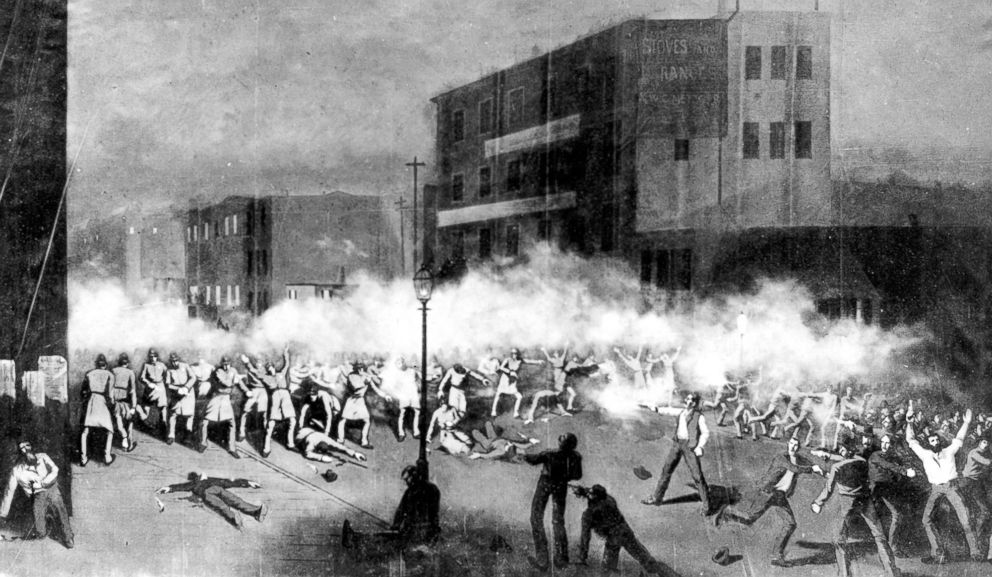
When the city council now asks for workers to pay for a portion of their health insurance, city employees rightfully complain that the change amounts to a significant cut in pay.

Some city positions have been eliminated recently and more are probably on the way out. Workers in Ely have already accepted a pay freeze for the past three years. With such a prospect all but politically impossible, city workers find themselves victims of the conservative agenda, which these days is openly hostile to public employees. The sad reality, however, is that the city will need even greater tax increases if it hopes to keep pace with the likely continued erosion of LGA in the years to come. The city council’s decision to approve double-digit property tax increases drew fire, particularly at a time when many local businesses and homeowners were already struggling financially. Paul intent on all but eliminating local government aid, city officials in Ely are facing almost impossible choices. The impact has been painful in communities across the state, but few have felt the effects as much as Ely, which has long been heavily dependent on local government aid (one of the foundations of the Minnesota Miracle) to fund basic city services. That statewide compact has seriously eroded over the past ten years, the victim of conservative tax policies and the growing political power of the metro suburbs, whose residents typically helped subsidize, to some degree, the cost of providing services in less affluent communities. The looming threat of a city workers’ strike in Ely, which was still pending as of the Timberjay’s Thursday deadline, is emblematic of the increasingly difficult choices facing cities and public employees as a result of the ongoing dismantling of the Minnesota Miracle.įor nearly half a century, Minnesotans largely agreed that every resident of the state, whether urban or rural, had a right to basic services such as quality schools, police protection, and decent roads, regardless of the wealth of the communities in which they lived.


 0 kommentar(er)
0 kommentar(er)
